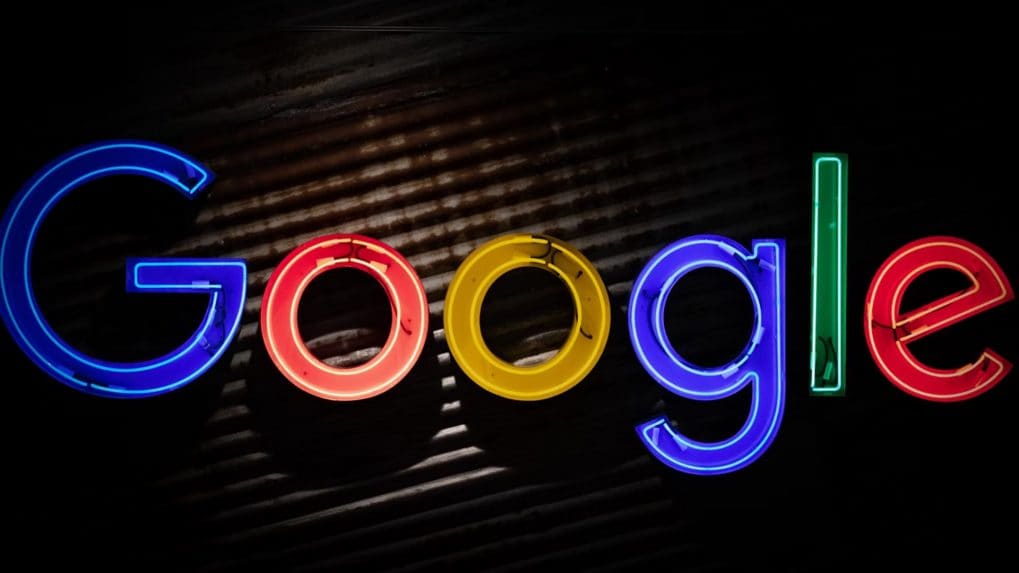Google warns Australia’s under-16 social media ban will be difficult to enforce
Under the proposed framework, social media platforms will not be required to conduct direct age verification. Instead, they will be asked to use artificial intelligence and behavioural data to infer users’ ages, the reports stated.
ADVERTISEMENT
On October 13, tech giant Google cautioned that enforcing a proposed Australian law banning individuals under the age of 16 from using social media would be extremely difficult. According to media reports, the company warned that the initiative is unlikely to enhance children's online safety as intended.
Governments and tech companies around the world are closely watching Australia, which is poised to become the first country to implement a nationwide social media age ban.
Under the proposed framework, social media platforms will not be required to conduct direct age verification. Instead, they will be asked to use artificial intelligence and behavioural data to infer users’ ages, the reports stated.
During a parliamentary hearing on online safety held Monday, Rachel Lord, YouTube's Senior Manager of Government Affairs in Australia, acknowledged the government’s intentions but warned the initiative could lead to unintended consequences.
In July, Australia expanded the scope of the legislation to include YouTube, reversing an earlier exemption granted due to the platform’s educational use in schools. This shift followed complaints from other tech firms, according to the reports.
Google has argued that YouTube is primarily a video-sharing platform, not a social media network.
The Australian government will finalize the legislation by the end of the year, potentially making the country the first in the world to implement a blanket social media age restriction.
Platforms like Instagram, Snapchat, and X (formerly Twitter) will be required to enforce the under-16 ban or face penalties of up to AUD $50 million (USD $32 million) for non-compliance.
The government trial that informed the proposal evaluated over 50 companies and tested various age assurance technologies. While it concluded that no single solution fits all platforms, it identified a range of tools adaptable to different contexts.
The initiative also considered how minors might attempt to circumvent age checks, further reinforcing the robustness of its recommendations.
Major industry players—including Apple and Google, whose operating systems are central to the mobile app ecosystem—participated in the trial, lending it significant industry credibility.
Read More: How Google’s Nano Banana is changing social media in India
Read More: Google Discover to show posts from X and Instagram with new follow feature
Read More: 91% of Gen Z in India turn to social media for news: Google-Kantar study


